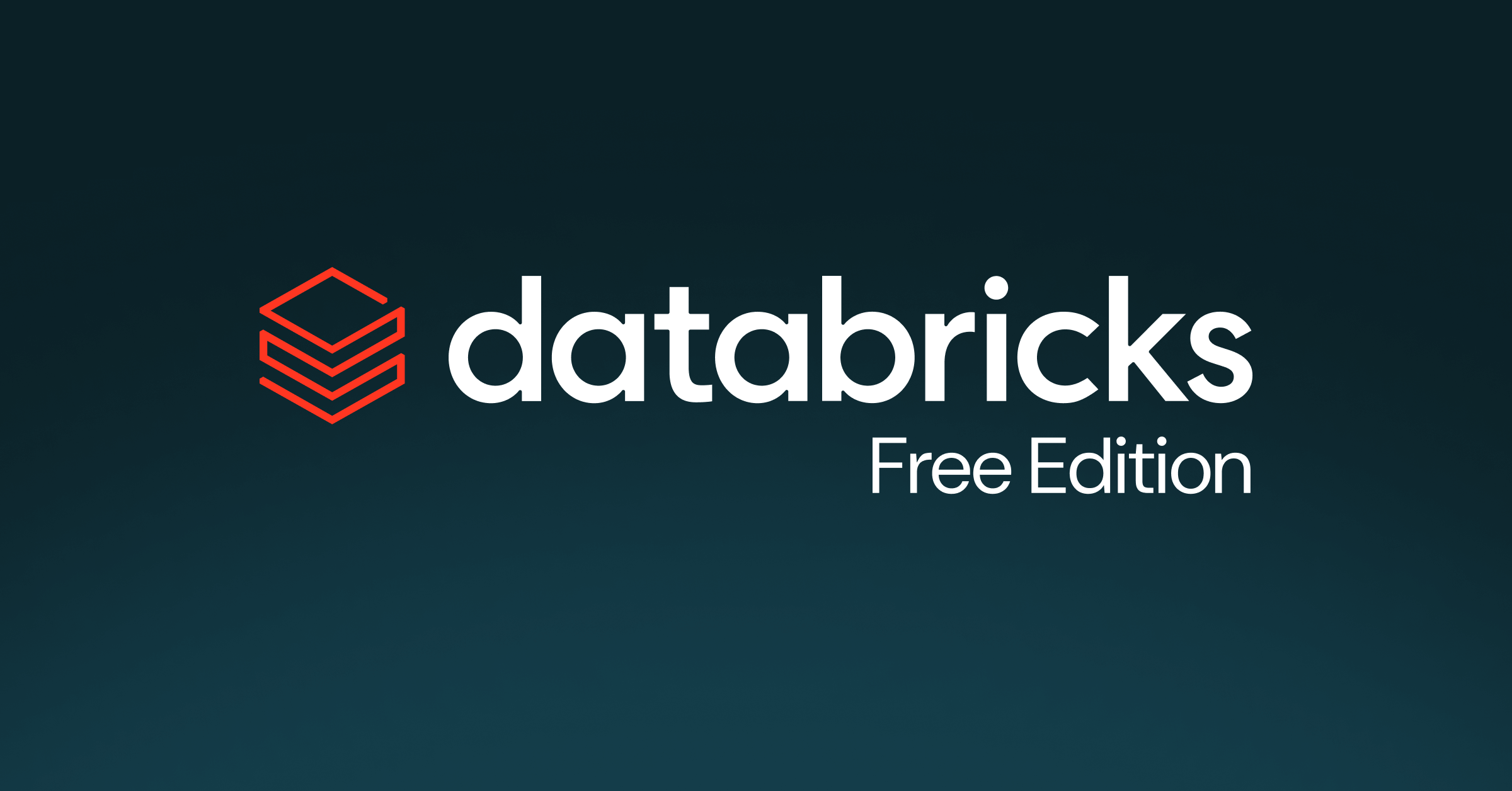The prospect of Artificial Intelligence (AI) fundamentally reshaping the global workforce is no longer a distant future; it’s a rapidly approaching reality. Recent statements from prominent figures in the AI industry and beyond highlight a growing consensus: AI is poised to cause significant job displacement, potentially within the next five years.
On Wednesday, Anthropic CEO Dario Amodei starkly stated that AI could eliminate half of all entry-level white-collar jobs within this timeframe. This sentiment is echoed by a senior LinkedIn executive, who reported last week that AI is already impacting recent graduates’ job prospects. Even figures like the new Pope are raising alarms about AI’s profound potential to restructure our economic landscape.
The Driving Force: The Pursuit of AGI
This widespread concern about job displacement stems directly from the ambitious goals of major AI companies.
Defining Artificial General Intelligence
The stated objective of leading AI firms is to develop Artificial General Intelligence (AGI). AGI is defined as “a highly autonomous system that outperforms humans at most economically valuable work.” This is not merely rhetorical; companies are investing over a trillion dollars towards achieving AGI. Furthermore, governments worldwide are actively supporting this race to develop such advanced technology, recognizing its transformative potential.
Current AI Capabilities and Future Projections
Today’s AI models already demonstrate remarkable capabilities. They can achieve human-level scores on many standardized tests. They are more proficient competitive programmers than most human programming professionals. In scientific questions, they outperform everyone except the top experts in their fields. As a result of these rapid advancements, leaders within the AI industry believe that AGI could be achieved sometime between 2026 and 2035.
Among insiders at the top AI companies, there is a near-consensus that “technological unemployment,” where AI replaces human jobs, will arrive soon. AGI is expected to impact every sector of the labor market, initially affecting white-collar workplaces and subsequently reaching blue-collar sectors as robotics technology continues to advance.
In a post-AGI world, an AI system will likely be capable of performing tasks more effectively and at a lower cost than human workers. While training a cutting-edge AI model is expensive, running additional copies of it is remarkably cheap, and these associated costs are rapidly decreasing.
The Economic Shift: Capital Over Labor?
The potential for widespread technological unemployment raises fundamental questions about traditional economic structures and the role of human labor.
The Challenge to Traditional Bargaining Power
A commonly proposed solution for an impending era of technological unemployment is Universal Basic Income (UBI), a government-granted stipend. However, this could dramatically alter how citizens participate in society. Work has historically served as most people’s primary bargaining chip.
Our modern world operates on a simple exchange: individuals work for those with capital because they possess time or skills that the capital owners do not. The economy relies on workers’ skills, judgment, and consumption. Consequently, workers have historically leveraged this dependence to bargain for higher wages and standard workweeks.
With the advent of AGI, this fundamental relationship is poised for significant change, if not complete severance. For the first time in human history, capital might fully substitute for labor. If this scenario unfolds, human workers may no longer be necessary for the creation of economic value, as machines will perform tasks more efficiently and affordably.
Consequently, companies may no longer need human employees to increase their profits, and governments may not rely on human workers for tax revenue.
The Intelligence Curse and Alternative Paths
This potential future introduces a new risk: “The Intelligence Curse.”
Disincentive to Invest in People
“The Intelligence Curse” describes a scenario where powerful entities, such as governments and corporations, create AGI and subsequently lose their incentive to invest in human populations. This mirrors the “resource curse” observed in oil-rich states, where governments, buoyed by abundant natural resources, may not need to invest in their populace to maintain power.
In the worst-case scenario, if humans become economically unnecessary, powerful actors might simply cease to care about their well-being.
Technology’s Path is Not Fixed
However, this technological trajectory is not predetermined. We possess the ability to steer our way out of this potential problem. Many individuals grappling with the more extreme risks associated with AGI—such as it going rogue or being used to create bioweapons—often focus on centralized, regulatory solutions: tracking AI chips, requiring permits for training models.
Their aim is to prevent bad actors from accessing powerful AI and to ensure no one accidentally develops AI that could end the world.
Yet, AGI will not only be a means of mass destruction; it will also become the means of production. Centralizing the means of production is not solely a security concern; it is a fundamental decision about the distribution of power.
Human-Boosting AI: A Path to Widespread Power
Instead of solely focusing on centralizing control, a more empowering approach involves developing AI that augments human capabilities.
Defensive AI and Decentralized Power
We should aim to mitigate AI security threats by building technology that inherently defends us. AI itself could be leveraged to secure the code that runs our critical infrastructure against cyberattacks. Investments in biosecurity could create robust defenses against engineered pandemics.
An “Operation Warp Speed” for AI alignment could ensure that AGI remains beneficial and does not “go rogue.” If we can protect the world from these extreme threats, we can then broadly distribute this powerful technology, ensuring that power remains in the hands of many.
Augmenting, Not Automating
We should actively accelerate the development of human-boosting AI over human-automating AI. Steve Jobs once famously described computers as “bicycles for the mind,” enabling us to be faster and more efficient. With AI, our ambition should be to create a “motorcycle for the mind,” significantly augmenting human capabilities rather than replacing them entirely.
The market for technologies that preserve and expand human power will be immense. Already, the fastest-growing AI startups are those that augment, rather than automate, human tasks, such as the code editor Cursor. As AI grows more powerful and autonomous, investing in human-boosting tools today could pave the way for human-owned tools in the future.
AI tools could capture the vast amount of “tacit knowledge” that individuals accumulate daily, transforming it into a “personal data moat” – a unique, defensible asset.
An Economy for All: Redefining Labor and Ownership
The future of the economy presents a critical choice: will the labor of the masses be replaced by the AI and capital of a select few, or by the AI and capital distributed among all?
Empowering Individual Ownership
We should prioritize building technologies that enable ordinary individuals to train their own AI models, run them on affordable hardware, and retain control over their personal data. This approach counters the trend of everything being processed through a few large corporations. Imagine becoming the owner of a thriving business, deploying AI that you control, leveraging data you own, to solve problems that currently seem unfathomable.
Your role in the economy could evolve significantly: from direct labor, to managing AI systems akin to a CEO managing direct reports, to ultimately steering the direction of AI systems working for you, much like a corporate board guides long-term strategy.
The economy could operate on autopilot, at superhuman speeds. Even if AI can perform tasks better than you, if you own and control a piece of this AI-driven future, you could maintain real power, rather than merely hoping for a universal basic income that may never materialize.
To paraphrase G. K. Chesterton, the potential problem with AI capitalism is a scarcity of capitalists. If everyone owns a piece of the AI future, then everyone can benefit.
Strengthening Governance in the AI Era
Beyond technological solutions, robust institutions and strong governance will be more critical than ever.
Protecting Democracy and Public Interest
We must strengthen democratic systems against corruption and the pull of powerful economic incentives before AGI becomes fully realized. This proactive approach is essential to ensure that ordinary people can secure a beneficial outcome, even if a future arises where governments and large corporations no longer require human labor.
Currently, we are undeniably in an AGI race, even if many parts of the world have yet to fully recognize its implications. AI labs possess a significant advantage in AI development. However, to automate widespread economic activity, they must train their AIs in the specific skills and knowledge that drive the economy. They then must effectively outcompete the human workers currently providing those goods and services.
The crucial questions before us are: Can we leverage AI to elevate human capabilities before AI systems are trained to replace us entirely? Can we maintain control over the economy, even as AI achieves superintelligence? Can we forge a future where power truly originates from the people? The responsibility to answer these questions ultimately rests with all of us.








